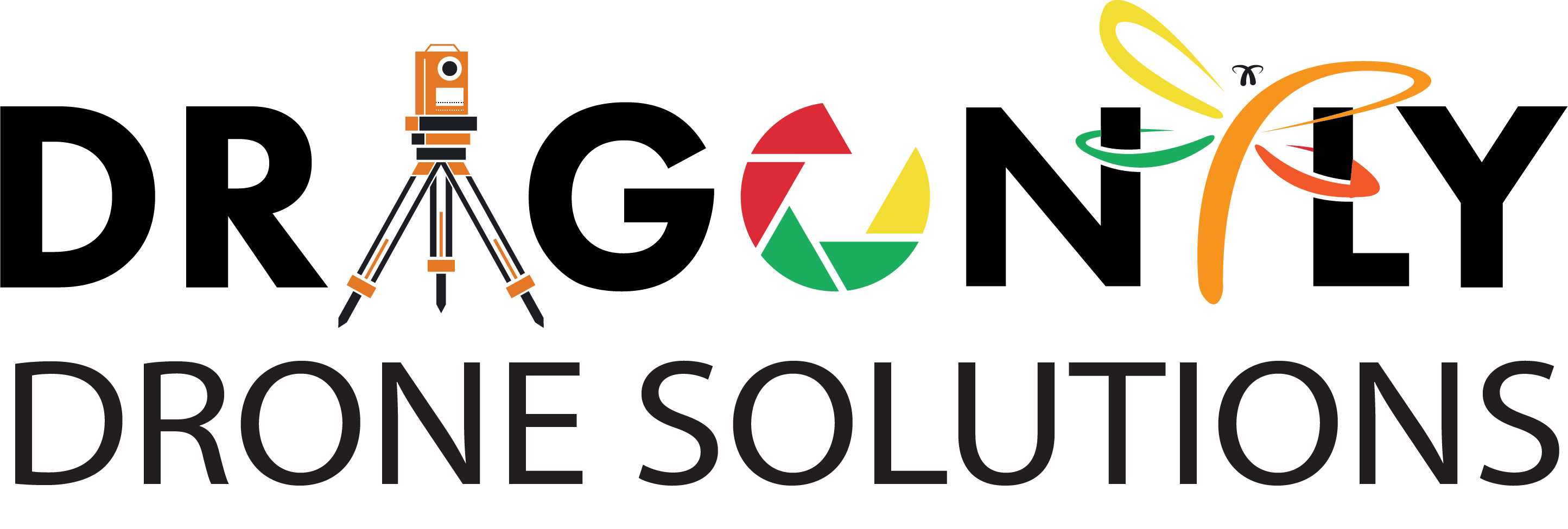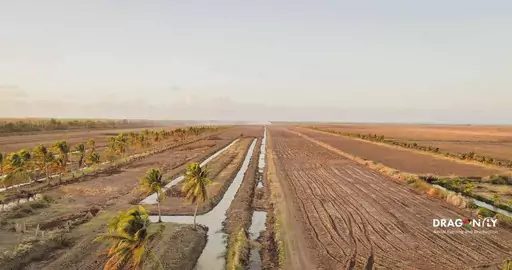Commercial drone technology is still relatively new to the world and more so Guyana, but even as interest continues to pique for its stimulating perspective in photography and videography, it promises to be a game-changer in the enterprise space.
In the future, more people and countries will utilise drone capabilities for reasons beyond videography – whether it is to scan dense urban areas or broadcast messages through drone loudspeakers.
In Guyana, one local company is set on revolutionising its use here and ensuring the country keeps up with its global evolution.
“People are excited about this flying thing in the air,” said Brian Smith, the Chief Pilot and Owner of Dragonfly Geospatial as he tells the News Room of his intention to leverage drone technology for national development.
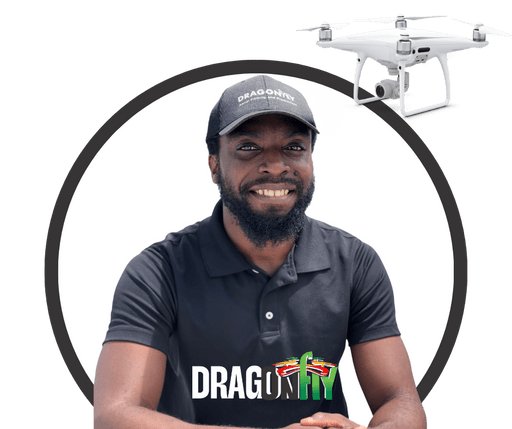
Despite rejection for use of the technology in some quarters of the Guyanese society and the fear that it seeks to replace human activity, Smith sees its usefulness in every sector of the fast-paced developing economy.
He reasons that it has a more complementary relationship with people and development.
Smith, who is currently doing a Master in Natural Resource Management started his drone business in the early months of the COVID-9 pandemic.
“That happened when academics married my personal interest in drone technology,” he recalls.
With personal experience in drone photography, Smith’s business got off the ground by supporting the real estate sector, and conducting inspections for buyers and sellers both local and abroad.
“…and it just blossomed, moving on into agriculture… and that’s how we started.”
The drone pilot said although people love the drone perspective, the technology’s practicality can be exploited to advance sectors by providing more efficiency and accuracy at cheaper costs.
“[In real estate], drone technology has been able to give the seller a different perspective. It is no longer about that one property. You are able to show a potential buyer where the property is located, and how close it is to a roadway, or major shopping center and understand the value of the property’s purpose. From a buyer’s you are able to use drone technology to get a better analysis of things like the roof,” Smith explained.
Beyond real estate, Dragonfly Geospatial has also found a place in the agriculture sector which is already dominated by the use of drone technology; Smith acknowledges that there is competition here.
“We started off monitoring the production process… even with competition, we are looking to delve deeper with a focus on mapping and surveying. Guyana needs large farms to build out the economy and drone technology can play a critical role in helping the Guyana Lands and Surveys Commission.”
Aside from real estate and agriculture, he sees a place for drone technology in national development planning and the execution and monitoring of national projects.
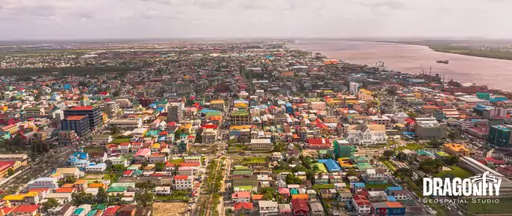
“…now we have moved into inspection services which we believe is a growing demand with the mega projects we have coming on stream like the Demerara Harbour Crossing, the Amaila Falls Hydro Power Project and the Vreed-en-Hoop Shore Base,” he said.
According to Smith, in order to ensure the integrity of such projects, traditionally, it would require harnessing, scaffolding and sending individuals on the ground to test structural integrity.
“Its hazardous work that requires trained personnel and a component of safety is involved… with drone technology you do the work faster and remove the human element of error while assuring safety.
“You ensure that people get value for money… address the challenge to put humans’ tight spaces to inspect with no light or visibility. Drones are the solution to that problem.”
The businessman warns, however, that drones must never be seen as a replacement but rather a complement to human involvement.
“There will always be a need for humans. A pilot is in command of these drones. Drone technology allows us to be more precise, work more accurately, drone goes into hard-to-reach areas and gets data that allows you to do analysis. It is to support us rather than replace us,” he said as he added his voice to the global debate on technology replacing humans.
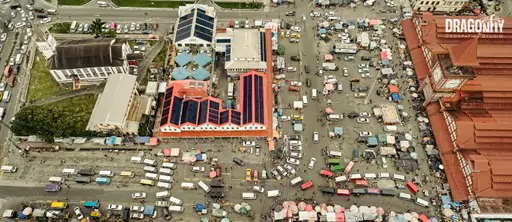
Smith said despite the possibilities, there has been some push back but he is encouraged by the few government agencies such as the Ministry of Housing and Water which has invested in drone technology to monitor the country’s housing development.
“People are still accustomed to the old ways of doing things.
“…once the government gets involved everyone will get involved and the number of persons involved will definitely increase.”
Smith acknowledged that with civilians being able to access the technology it has become a challenge for the Civil Aviation Authority which has sought to regularise its use with the issuance of licenses.
He supports the existing robust processes towards attaining the necessary security clearance.
“It is critical and important that we have safety first and we comply with the rules and regulations to enjoy the shared airspace,” he added.
Asked where he is headed with the business, Smith said “I am excited.”

“The next step for us is to go into more technical work… coastal zone management, monitoring water conservancy, monitoring natural resources and monitoring infrastructure projects to ensure government and citizens get value for money.
“We want to provide results to both private and government.”
Smith is more than encouraged by the operators who exist, licensed and unlicensed, and believes it will force people and agencies to get on board.
